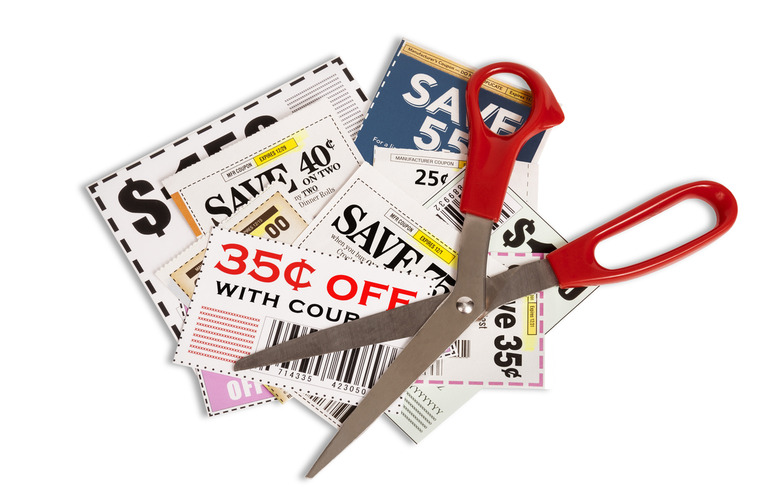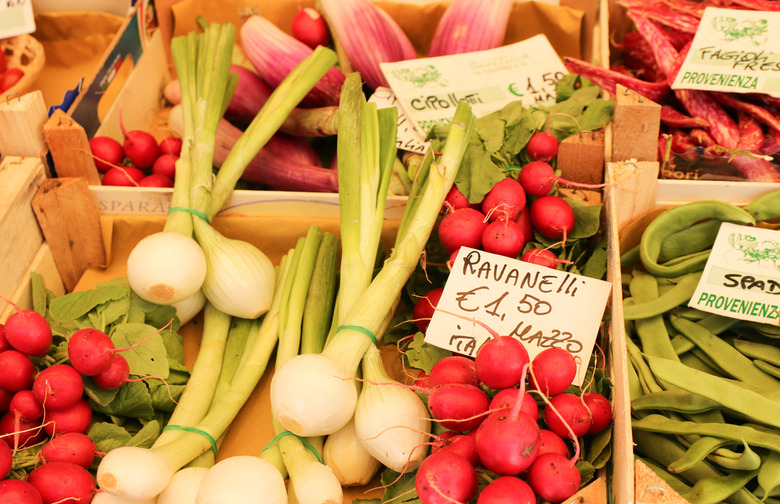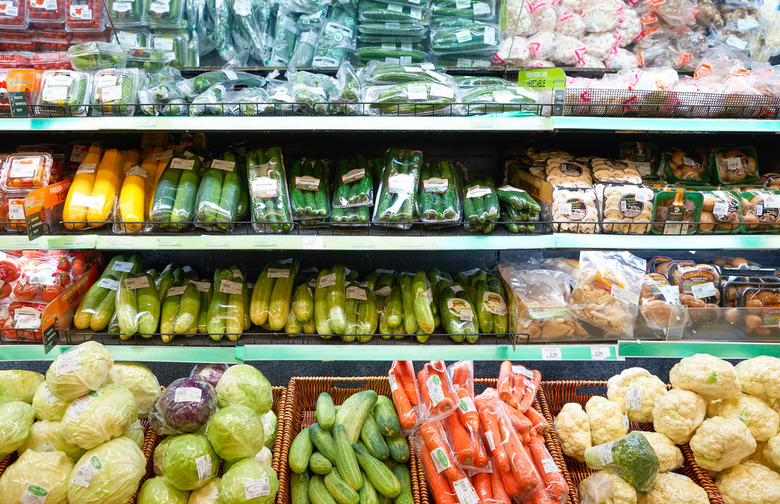These 10 Strategies Are Guaranteed To Save You Money Grocery Shopping
For some, grocery shopping is a joy; there is something wonderfully therapeutic about wandering the aisles, dreaming about the many ways to feed oneself. Other times, however, grocery shopping can be a source of great stress and anxiety that is often related to the cost of food — especially if you have a family to feed.
Lucky for us, there are tips to help us save and tricks to help us hurdle the money-grabbing obstacles that stand between our bank accounts and the checkout aisle.
Some of these strategies may surprise you (because grocery stores are sneaky), some of them simply expand on common-sense practices, and some of them you can do before you even leave the house.
1. Make A List
Making a list in advance will help you stick to the foods you know you need and keep the extras out of your shopping cart.
2. Eat Before You Go
The common phrase, "your eyes are bigger than the stomach" couldn't be truer or more dangerous when grocery shopping. When we are hungry, everything looks good, and it's easy to get sucked in to buying more than you planned.
3. Buy In Season
Consistent with the economic principles of supply and demand, prices drop when there is an abundance of an item. Stick to what grows in season and near you to avoid tacked on costs of shipping and handling. Best of all, when we shop and cook seasonally, ingredients are at their most flavorful. Visit the Pick Your Own website to find seasonal charts tailored to your state.
4. Keep It Simple
When shopping, stick to the basics and necessities. Do you need those cookies? Do you need that bag of chips? Focus on the priorities because these extra little purchases can really start to add up during checkout.
5. Find the Deals
This is a no brainer: Save big with coupons and sales. However, be vigilant to see if you are actually getting a deal; always look at the price per unit comparisons the sales are promising. You can also make it easy for yourself and check out helpful couponing sites like Coupons.com, Krazy Coupon Lady, and Mambo Sprouts to find great deals on food.
6. Stay Away from “Pre”
Pre-packaged, pre-cut, pre-washed, pre-made: The prefix "pre" denotes unnecessary convenience costs that pull extra dollars and pennies from your pocket. Save money and wash your own veggies, grate your own cheese, and cut your own fruit.
7. Buy Efficient Foods
Eating on a budget shouldn't compromise nutrition. Buying whole, raw foods makes you work a little harder in the kitchen but your body and bank account will thank you. Apples, bananas, and sweet potatoes are among the cheapest foods per pound at the store — and they are good for you, too. You can also bulk up your meals with rice, grains, and legumes you find in the dry storage aisle as opposed to canned goods.
Also note that peanut butter is the most calorie-efficient food for your money, so when you really need to stretch your dollar, don't underestimate the power of the classic PB&J.
8. Be an Economical Vegetarian
Personal ethics and ideologies aside, from an economic standpoint, meat is expensive. By instituting Meatless Mondays (at a minimum), economic vegetarians can save a great deal at the grocery store. To compensate, look for protein found in a number of other foods like eggs, nuts, and beans.
9. Look Around
It's a common sales and marketing technique to put the priciest goods at eye level. Scan the entirety of the shelves to make sure you're getting the best deal.
10. Walk the Perimeter
It's not by chance that the fresh produce, meat, and dairy sections are strewn along the perimeter of the grocery store. It is intentionally designed this way so shoppers must weave past other foods to get to the basic necessities. Walking down the isles listening to the (intentionally slower) elevator music is proven to encourage shoppers to buy more than what they need.










